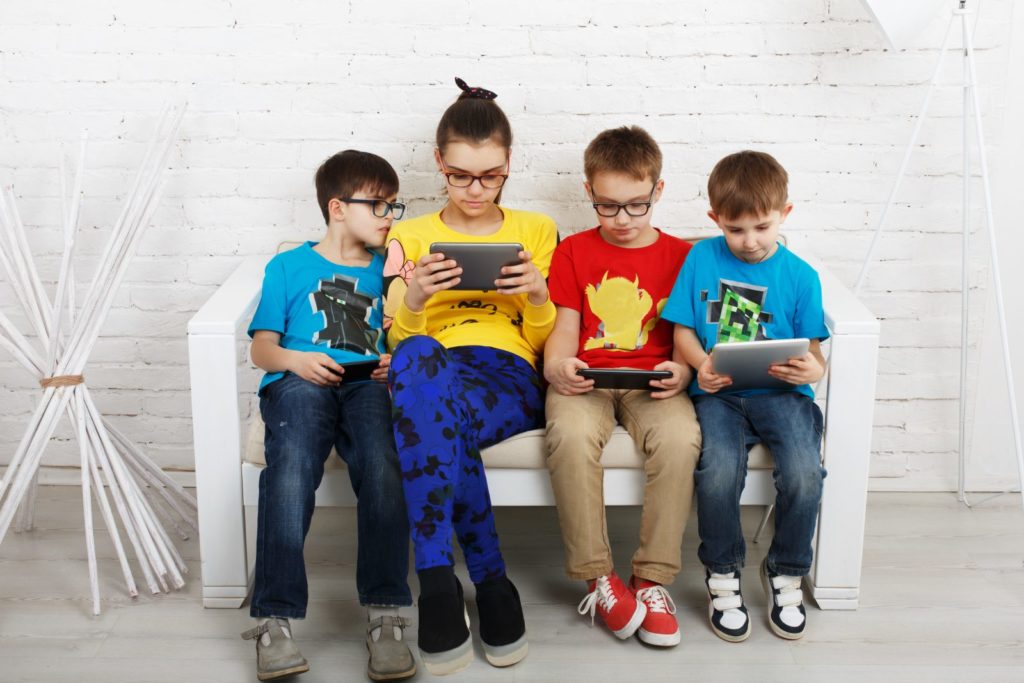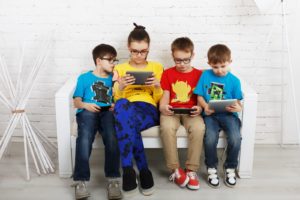Summer is almost here and hopefully its arrival will mark the permanent end of remote schooling. Some kids did fine academically, but many others did not. Teachers, struggling with their own anxieties, sicknesses, and family stresses (and having no personal connections to their students) gave everything they had despite the odds being stacked against them. One clear result of our national remote schooling experiment is that our children have become even more addicted to tech devices while falling out of love with school.
I have had students in elementary, middle, and high school share how often they have cheated during the pandemic. Many did not even bother learning material if they knew they could cheat on exams and secure a high grade. Some confessed to having other students “attend” class for them, while others admitted lying to teachers with “sob stories” and depending on the teacher’s sympathy for a better grade. Yet, as disturbing as these deceitful actions are, there are even worse consequences of remote schooling that children have shared with me.
School is the basis of how we center ourselves. Kids learn how to connect to others, they learn to stretch their abilities in a safe and predictable environment, they have secure and dedicated adults to help them. We have lost this critical aspect in lieu of online zoom attendance. I have had elementary age kids share with me that they like talking to strangers online to see what it is like to feel wanted. One child said she and others play a game where they try and shock others by doing various sexy poses online. Other children admitted that they are spending hours and hours online with social media following trends.
Too often adults believe (or want to believe) that these issues can be “fixed” through better technology. That is false. Better technology can help, but it is not enough. Kids don’t parent themselves. They need guidance and attention from families. They need to have a connection, and this means time spent with others, especially family. Understanding how to talk to others, make eye contact, and maintain healthy boundaries are things children learn from their parents and families, and not something they discover on YouTube, Instagram, or by watching a Netflix movie. And very often children will display behavior that signals they are not receiving the connections they need, such as withdrawal, loss of interest in things that used to be important, an emotional heaviness, and of course depression, anxiety, and self-harming (things that have become all too familiar in society today).
So put down your own devices and spend time with your kids.





